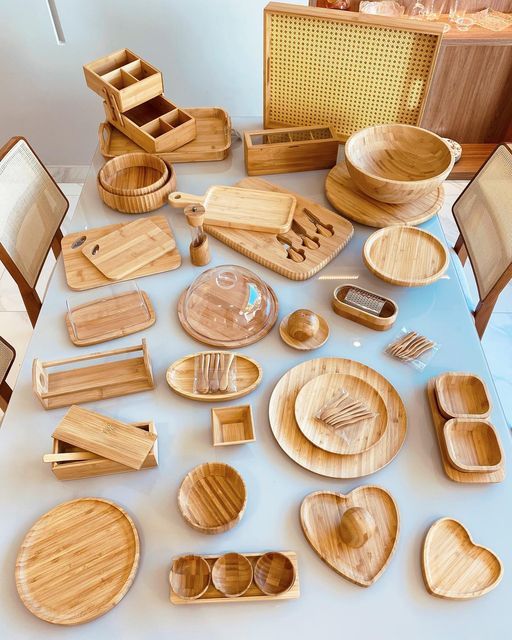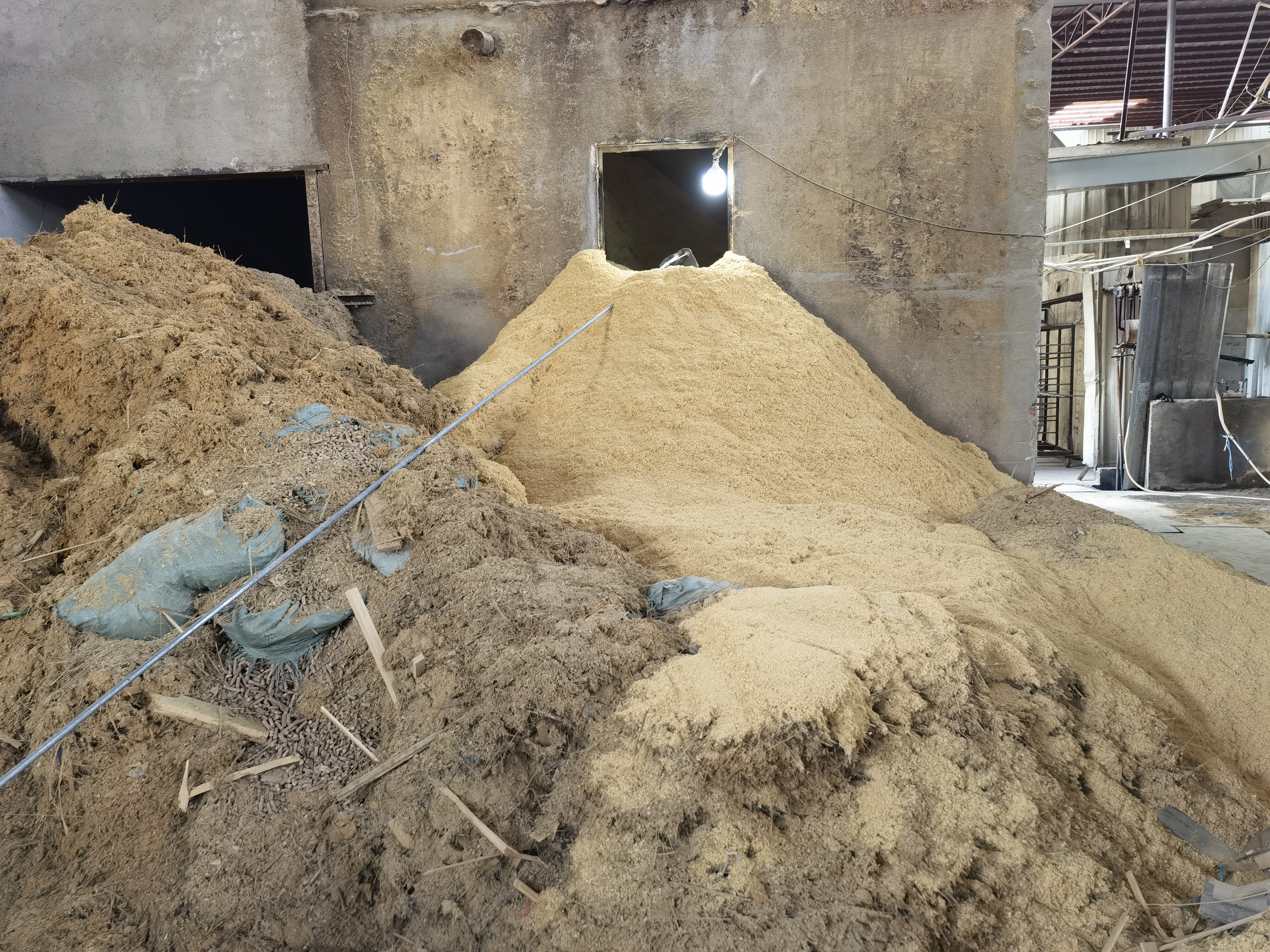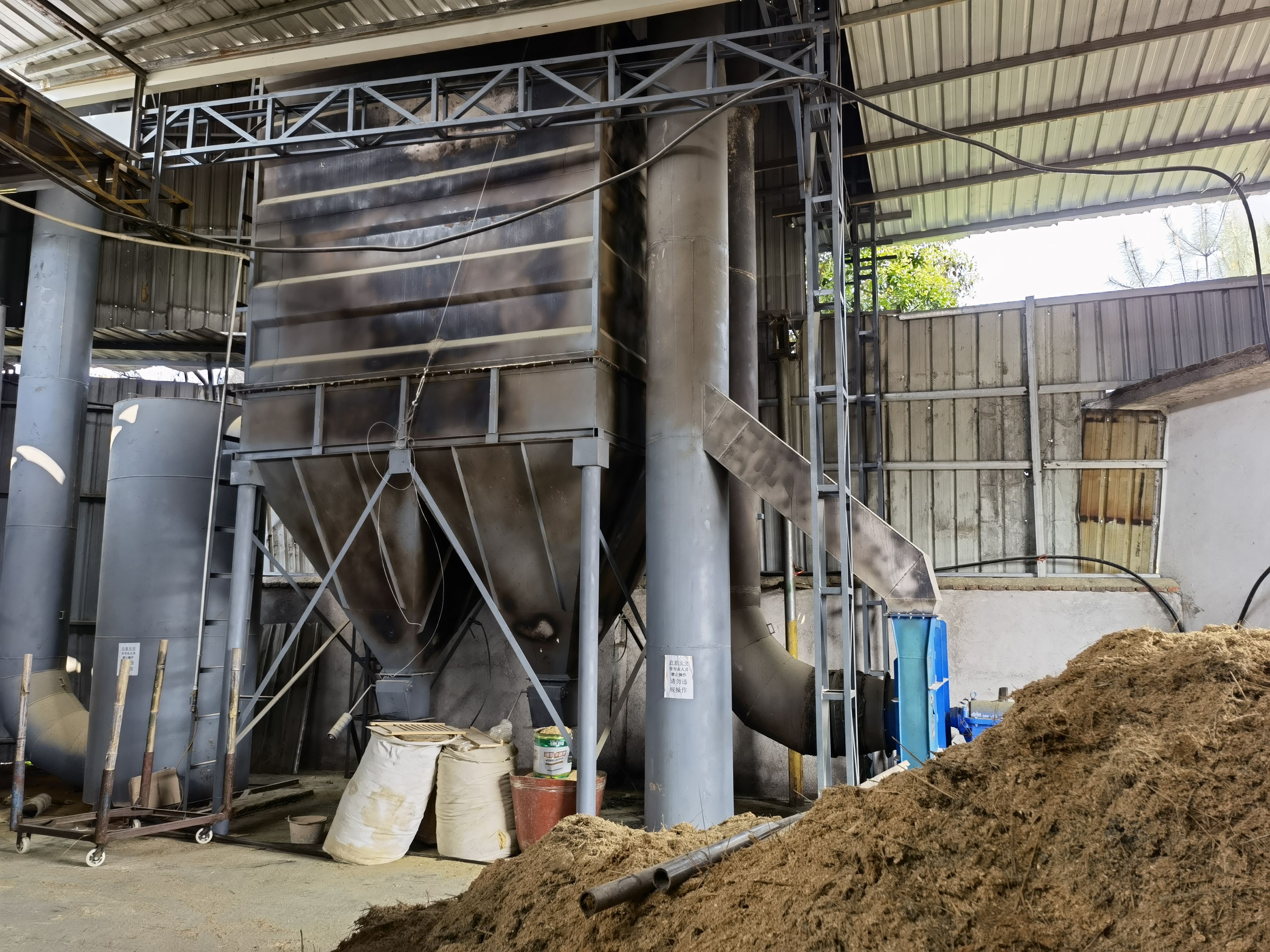Bamboo is an extraordinary plant that not only serves as a raw material for construction and furniture, but also offers rich possibilities for the reuse of its waste materials. As a company with over 13 years of combined trading and manufacturing experience in bamboo furniture and home furnishings, we understand bamboo’s versatility and environmental friendliness, as well as its waste potential. Once bamboo is processed into boards, the waste material is not useless; it holds all kinds of creative and valuable possibilities.
First, the waste generated after bamboo board production can be used to make other furniture and decorations. For example, leftover bamboo can be used to make small furniture, flower stands, wall decorations, flower pots, etc. The lightweight, durable and elastic properties of bamboo not only meet people’s aesthetic needs for beautiful home decoration, but also meet modern people’s pursuit of environmentally sustainable development.
In addition, bamboo waste can be further processed to produce a wider range of products. For example, by compressing and crushing waste materials, using adhesives and molding technology, bamboo fiber boards and bamboo fiber products can be manufactured. These products are widely used in construction, packaging, handicrafts and other fields, providing more possibilities for the use of bamboo materials.
In addition, bamboo waste can also be used as a raw material for biomass energy. Through the conversion of biomass energy, bamboo waste can be converted into biofuels, which can be used for heating, power generation and other purposes, reducing dependence on traditional energy and minimizing the impact of energy consumption on the environment.
In addition to the above uses, bamboo waste can also be used for agricultural soil improvement and plant cultivation. Bamboo waste is rich in organic matter, which can enhance soil structure and fertility, providing sufficient nutrients for crop growth. In addition, bamboo waste can also be used as mulch materials and vegetable planting supports to promote agricultural production.
To sum up, the waste generated after bamboo is processed into boards is not without value, but has certain utilization value. It has huge potential. Through the scientific and rational use of bamboo waste, resource recycling can be achieved, the consumption of natural resources can be reduced, and positive contributions to environmental protection can be made. As a producer of bamboo products, we will continue to explore the reuse of bamboo waste, continue to promote the development of the bamboo industry, and contribute to building a beautiful home and achieving sustainable development.
Post time: Apr-01-2024








